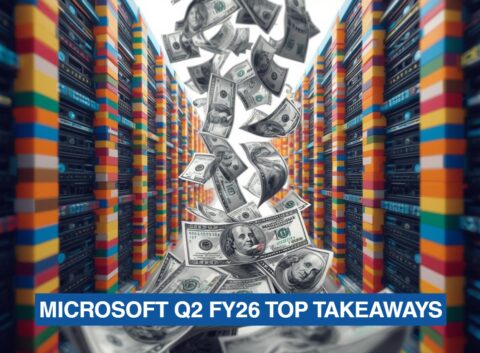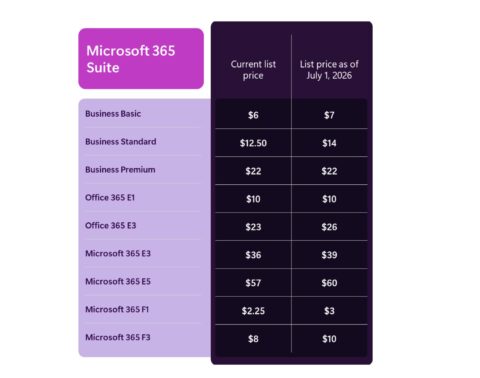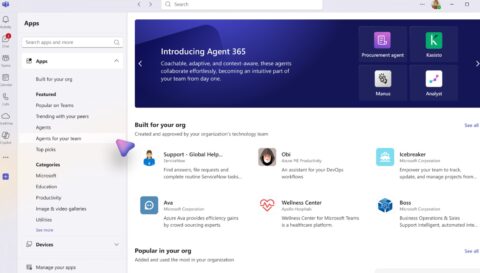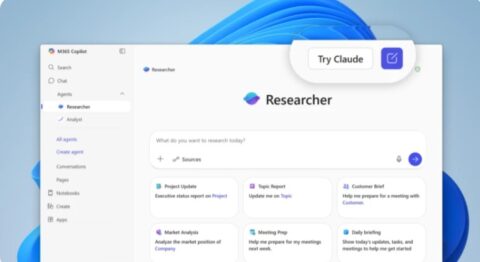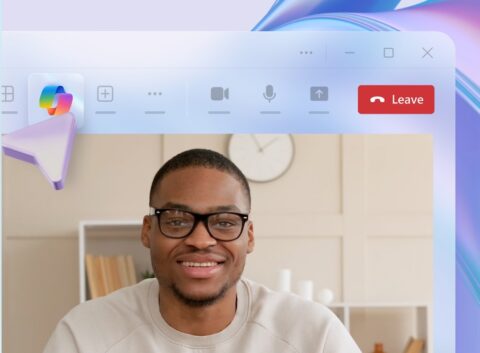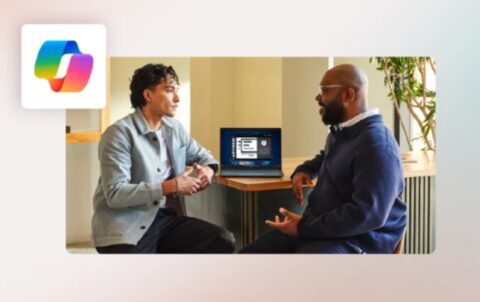September 19, 2025
BlogBroadcom Inserts Itself into Azure VMware Solution

In late August, Broadcom announced (yet another) change to how they license VMware Cloud Foundation (VCF), the suite that includes VMware vSphere, vSAN, NSX, and cloud management software. That change goes into effect next month, on Oct. 16th.
VMware customers have traditionally had a license portability entitlement, allowing them to move their licenses between datacenters and even to other providers of VMware hosting. At the same, third-party VMware hosters like Microsoft’s Azure VMware Solution (AVS) and Amazon Elastic VMware Service (EVS) could also resell VCF licenses to their customers, allowing them to sell a comprehensive service.
This latest change moves VCF to what Broadcom calls a “license portability-only operating model.” This means hyperscalers like Microsoft and Amazon can’t bundle VCF licenses in their offerings, and customers have to purchase licenses directly from Broadcom (or its reseller partners) to bring with them in a “bring your own license” (BYOL) scenario.
Microsoft: A Less Safe Haven as of Oct. 16
Since 2024, Microsoft has been promoting AVS as a safe haven from Broadcom’s licensing changes and price increases, even offering discounts and price guarantees for customers willing to make commitments of one, three or five years called reserved instances. Customers that have taken advantage of reserved instances won’t see any changes until their term expires, and of course Microsoft urges customers who want to extend their commitment to contact their sales team. But for new AVS customers or existing customers adding additional AVS nodes, making AVS purchases after Oct. 16th means buying VCF licenses from Broadcom instead of getting everything from Microsoft.
This is also a play by Broadcom to have a more direct role in the customer relationship, ensuring their sales team is involved with the end-customer even in hosted managed services like AVS. It also makes it easier for Broadcom to change (increase) pricing in the future, bypassing hosters like Microsoft and Amazon who might be able to exert more pressure due to their scale.
Microsoft’s own announcement assures customers “These updates are about licensing only—there are no product changes to how Azure VMware Solution works. Microsoft will continue to deliver Azure VMware Solution as a fully managed VCF private cloud service on Azure.” The five-year AVS reserved instance Microsoft’s been offering means AVS will continue at least that long. And the BYOL version of AVS, already available worldwide, “is priced lower than AVS with bundled VCF subscription” although, at this writing, pricing is not yet available on the public AVS pricing page.
But this may cool what has been a cordial relationship between Microsoft and VMware in recent years, even after the Broadcom purchase. Microsoft’s already more aggressively positioning Azure Local as a competitor to VMware on-premises (with recent updates to Azure Migrate easing migration from VMware to Azure Local), and AVS has always had the underlying motive of getting customers into Azure by any means possible.
With Broadcom’s latest move to insert themselves into the AVS customer relationship, and Microsoft’s increased willingness to set aside anything that doesn’t immediately benefit the company’s focus on AI, AVS could have a more limited future once the current batch of reserved instance customers nears the end of their terms.



